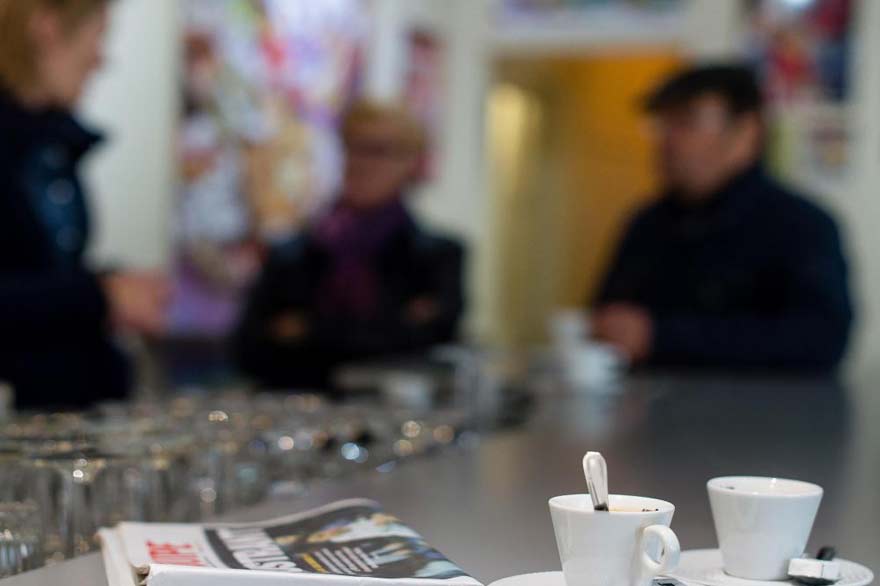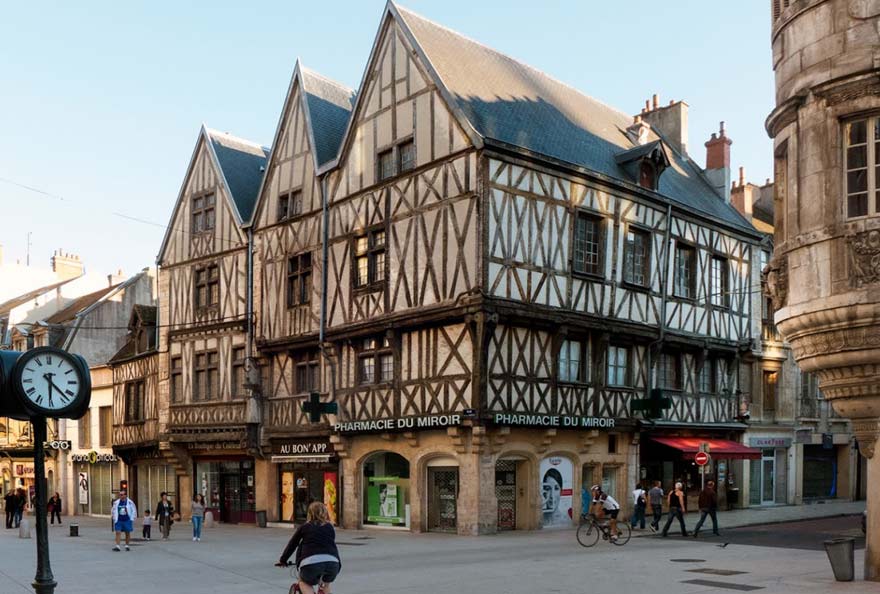LIRE AUSSI DANS UP’ : Comment faire revivre nos villages et centres-bourgs ?
Très souvent une des premières choses que l’on fait lorsqu’on arrive dans un village, c’est de repérer le café du coin, le café sympa. Parfois il n’y en a qu’un, parfois il faut choisir le bon… Celui qui va raconter le lieu, dans lequel on est parachuté pour quelques heures ou quelques jours le temps de réaliser ses occupations. Celui qui va permettre d’apprivoiser un territoire et les gens qui y vivent. Et lorsque qu’il est choisi, il peut devenir « bureau », une source d’information, un repère dans notre périple. C’est rassurant un café, c’est vivant, on y apprend des tonnes de choses. »

Les 7 priorités de l’UMIH en faveur de la ruralité
4. Mettre en place un dispositif « Entreprise Apprenante » pour les CHR en zone rurale : La mobilité est un frein chez les jeunes pour accéder à des formations qualifiantes. Elle est également une difficulté pour les établissements en zone rurale qui peinent à recruter des jeunes en alternance.
1. Créer un registre national des licences
2. Limiter le transfert des licences aux départements limitrophes
3. Créer une nouvelle licence IV pour les communes rurales qui n’en n’ont plus
Un café ou un hôtel-restaurant suffisent-ils à faire revivre et mettre de l’énergie dans les communes rurales ?
Nos cafés doivent se réinventer

Quelque chose à ajouter ? Dites-le en commentaire.












